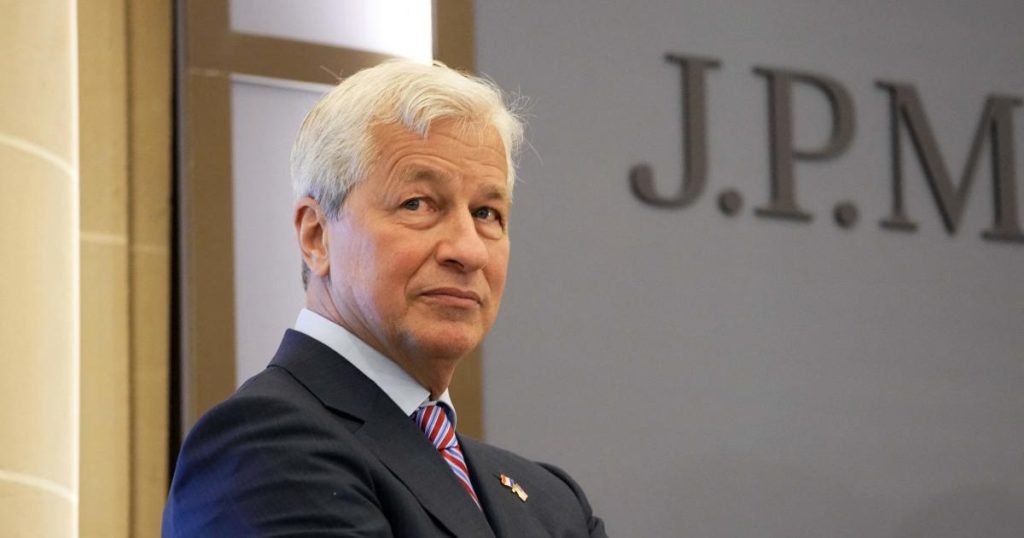Former President Barack Obama is actively campaigning for Vice President Kamala Harris, while tech entrepreneur Elon Musk is reportedly planning to join former President Donald Trump’s team. JPMorgan Chase CEO Jamie Dimon recently denied endorsing Trump after the former president falsely claimed that Dimon was supporting him. This denial came after a post on Trump’s Truth Social account inaccurately stated that Dimon had endorsed Trump for president. Trump claimed he was unaware of the post, which was still visible on his account as of a certain time. This incident is not the first time Trump has inaccurately suggested support from high-profile individuals.
Before Trump secured the Republican nomination for president, Dimon had shown support for former South Carolina Governor Nikki Haley during the party’s primaries. Trump’s social media post about Dimon is reminiscent of a past incident in which AI-generated images falsely represented singer Taylor Swift as endorsing Trump. In reality, Swift openly supported Harris, Trump’s opponent. These false claims and misrepresentations may be a tactic used by the former president to boost his image and gain support. It is important for the public to be aware of these inaccuracies and misinformation spread on social media platforms.
The involvement of high-profile individuals such as Obama, Harris, Musk, Dimon, and Trump in political campaigns highlights the significance of endorsements and support from influential figures. Obama’s active campaigning for Harris demonstrates the importance of rallying support from leaders within the Democratic party. On the other hand, Musk potentially joining Trump’s team could sway opinions and bring new perspectives to the former president’s campaign. These endorsements can have a significant impact on public perception and ultimately influence election outcomes.
The denials made by Dimon and JPMorgan Chase spokesperson Joe Evangelisti regarding Trump’s false claims highlight the importance of factual accuracy and accountability in political communications. In a time where misinformation and fake news are prevalent, it is crucial for individuals and organizations to verify the accuracy of statements before endorsing or supporting a particular candidate. Dimon’s clarification regarding his non-endorsement of Trump serves as a reminder of the responsibility that comes with being a prominent public figure.
Overall, the dynamics of political campaigning and the involvement of influential figures like Obama, Harris, Musk, Dimon, and Trump illustrate the complexities and strategies at play in the realm of politics. Endorsements, endorsements, misinformation, and accountability are all essential factors that shape public opinion and influence election outcomes. As the 2022 midterm elections approach, it is important for voters to critically evaluate the information presented to them and make informed decisions based on facts rather than falsehoods. The role of social media and digital platforms in disseminating information adds another layer of complexity to the political landscape.


